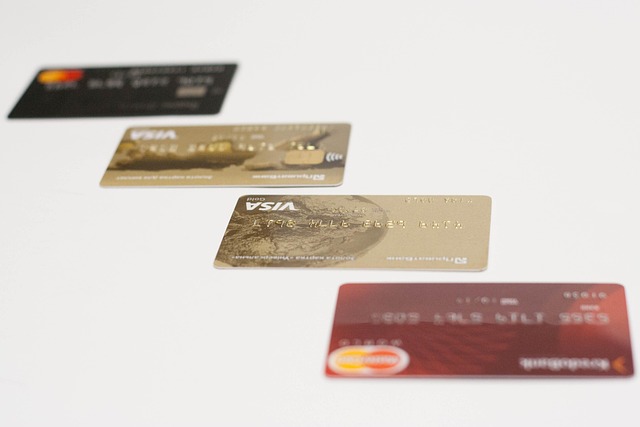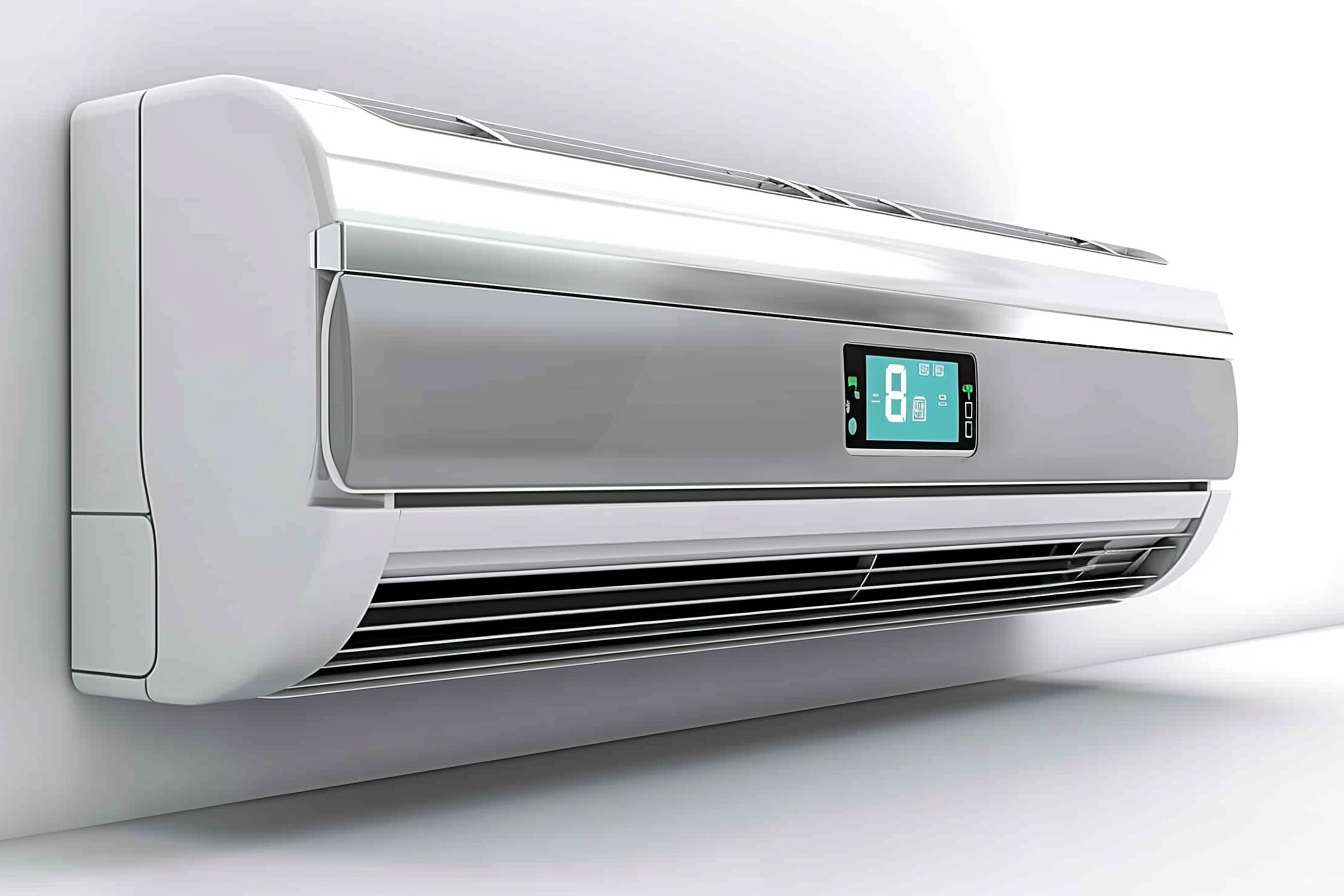Credit Cards: Understanding the Basics and Boosting Your Financial Health
Credit cards have become an integral part of modern financial life, offering convenience, flexibility, and potential rewards. However, they also come with responsibilities and risks that require careful management. This article will explore the fundamentals of credit cards, their impact on your credit score, and how to use them wisely, even if you have bad credit.

How do credit cards affect your credit score?
Your credit score is a numerical representation of your creditworthiness, and credit cards play a significant role in shaping it. Responsible credit card use can help improve your credit score in several ways:
-
Payment history: Making on-time payments is the most crucial factor in determining your credit score.
-
Credit utilization: This is the ratio of your credit card balances to your credit limits. Keeping this ratio low (ideally under 30%) can positively impact your score.
-
Length of credit history: The longer you’ve had credit accounts open and in good standing, the better it is for your score.
-
Credit mix: Having different types of credit, including credit cards, can demonstrate your ability to manage various financial obligations.
However, misusing credit cards, such as maxing out your limits or missing payments, can severely damage your credit score.
Can you get a credit card with bad credit?
Yes, it is possible to obtain a credit card even if you have bad credit. However, your options may be more limited, and the terms may be less favorable. Here are some options for those with poor credit:
-
Secured credit cards: These require a cash deposit that serves as collateral and typically becomes your credit limit.
-
Store credit cards: Retail stores often have lower credit requirements for their cards, though they usually come with high interest rates.
-
Credit-builder cards: These are designed specifically for people looking to improve their credit and often come with educational resources.
-
Becoming an authorized user: You can be added to someone else’s credit card account, which can help you build credit if they use the card responsibly.
When considering these options, it’s crucial to compare terms, fees, and interest rates carefully.
What are some strategies for using credit cards to improve your finances?
Credit cards, when used wisely, can be powerful tools for enhancing your financial health:
-
Pay your balance in full each month to avoid interest charges.
-
Use credit cards for planned expenses you can afford to pay off.
-
Take advantage of rewards programs for cashback or travel benefits.
-
Set up automatic payments to ensure you never miss a due date.
-
Regularly review your statements for errors or fraudulent charges.
-
Keep your credit utilization low by using only a small portion of your available credit.
-
Consider using different cards for different purposes (e.g., one for everyday purchases, another for travel).
How can you choose the right credit card for your needs?
Selecting the right credit card depends on your financial situation, spending habits, and goals. Here are some factors to consider:
-
Interest rates: If you tend to carry a balance, look for cards with lower APRs.
-
Fees: Annual fees, balance transfer fees, and foreign transaction fees can add up.
-
Rewards programs: Choose a card that offers rewards aligned with your spending patterns.
-
Credit score requirements: Ensure you’re likely to qualify for the card before applying.
-
Additional benefits: Some cards offer perks like travel insurance, purchase protection, or extended warranties.
| Card Type | Best For | Typical APR Range | Annual Fee Range |
|---|---|---|---|
| Rewards | Frequent spenders | 15.99% - 24.99% | $0 - $550 |
| Cash Back | Everyday purchases | 13.99% - 23.99% | $0 - $95 |
| Balance Transfer | Debt consolidation | 0% intro, then 14.99% - 24.99% | $0 - $95 |
| Secured | Building credit | 17.99% - 24.99% | $0 - $49 |
| Student | College students | 14.99% - 24.99% | $0 - $39 |
Prices, rates, or cost estimates mentioned in this article are based on the latest available information but may change over time. Independent research is advised before making financial decisions.
Credit cards can be valuable financial tools when used responsibly. By understanding how they work, their impact on your credit score, and strategies for effective use, you can leverage credit cards to improve your financial health. Whether you’re rebuilding credit or looking to maximize rewards, there’s likely a credit card option that fits your needs. Remember to always read the terms and conditions carefully and use credit within your means to maintain a healthy financial future.






